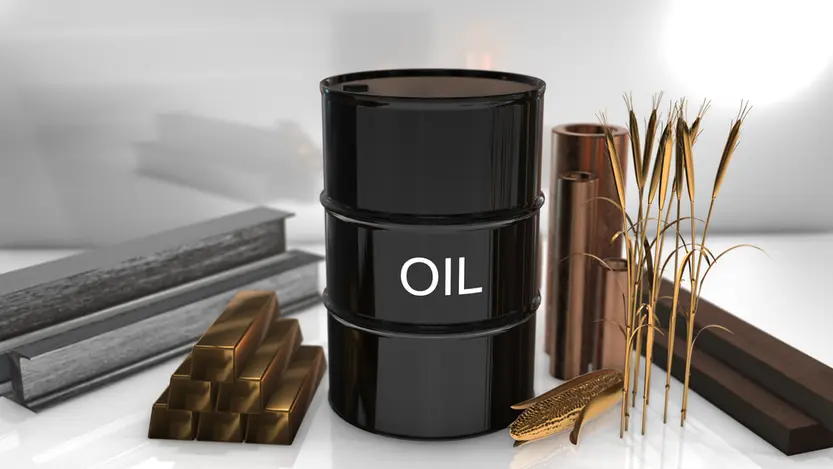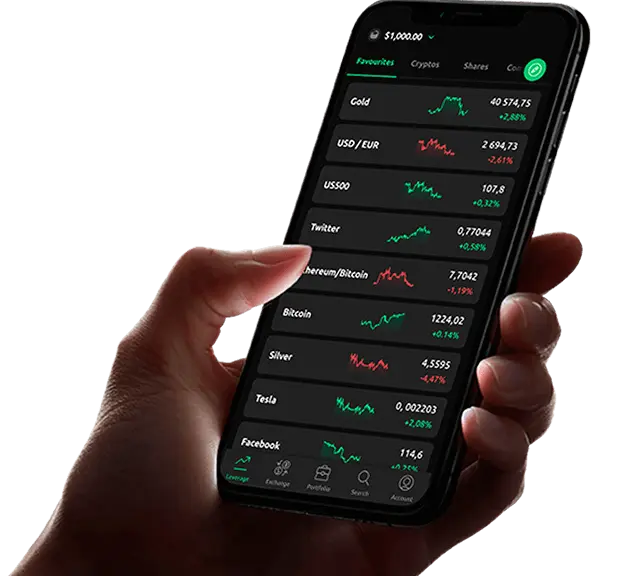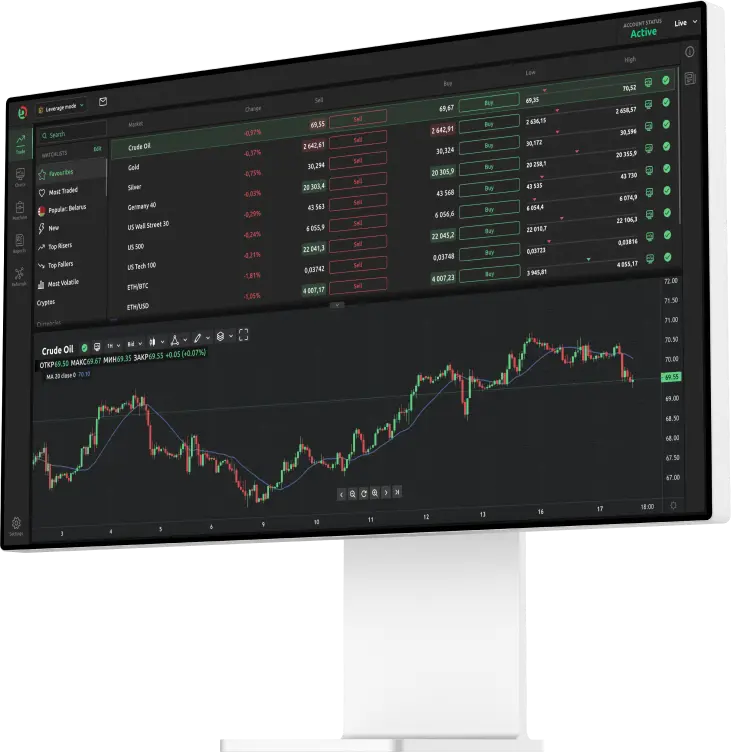How technology and tokenised commodities make trading in the likes of gold and oil easier

If you’re a regular trader, then chances are at some point you have probably considered investing in commodities like gold, oil or platinum.
Predictable, invariably stable and maybe even a little dull, commodities are where some traders turn to when news of economic turbulence hits. This is because when stocks and shares slide, history has shown that commodities often tend to hold their value. Consequently some investors are keen on commodities, as they feel that their steady nature enables them to diversify their portfolio, and perhaps undertake riskier bets on stocks or crypto. So what exactly is a commodity trading and what is a tokenised commodity?
What is commodity trading?
You can, of course, go and buy a barrel of oil and store it in your shed, or maybe get a gold bar and keep it under your mattress.
Most commodity investors don’t do this. They invest in commodities one of two ways.
- Exchange Traded Funds (ETFs):
ETFs are baskets of commodities that track an underlying index by trading on an exchange, and which can be purchased and sold in a manner similar to stocks. If, for example, you were to buy one share in the US Oil Fund (USO) ETF this would give you exposure to roughly one barrel of oil.
- Futures market:
A second option is to buy a commodity in the future for a set price. You are then banking on the price rising to make a profit on your purchase. This can be lucrative, especially if the investment is leveraged. Yet investors need a fair amount of capital to do this and there can be significant risks involved.
The advantages of tokenised commodities
In recent years, a concept called “tokenisation” has emerged that has addressed some of the key issues with trading commodities.
Put simply, tokenisation enables commodities to be split into small segments and offered for trade in exchange for tokens. So, for example, a platform may have bought a certain number of barrels of oil, and it can then offer smaller amounts of oil to investors who swap their fiat cash or cryptocurrency for tokens.
The technology underpinning this is blockchain and provides a system where each transaction, which generates the token, can be immutably verified, not tampered with, and made accessible to all parties. These are crypto-commodities.
Blockchain has led to the creation of smart contracts, orbits of computer code that, when activated, trigger a process. They then deliver a transparent record of complicated transactions, providing ways of both reducing fraud and tracking goods.
If there are third parties, such as lawyers, involved in the buying process, as there are with some commodities, their role can be minimised with blockchain. The result? Time and money saved.
Further, with blockchain, the settlement is in real time, which adds a degree of liquidity to commodities that makes them easier to trade and ultimately more attractive.
Tokenised commodities can potentially create even more options for investors. For example, a token could represent a fraction of a gold bar, which could mean that any investor could own gold. It should be noted though that there may be issues with weight and purity, as well as authentication, which would have to be overcome before this type of tokenisation is more widely adopted.
Similarly, power and gas tokens could represent smaller elements of the output of a company, or even an individual. Blockchain, for example, could be used to enable localised energy producers and buyers to trade.
The future of tokenisation
From an investor’s perspective, one of the most important elements of tokenisation is that items that previously had limited liquidity can suddenly be traded quickly and easily. This in turn may lead to some interesting new investment opportunities in the future.
It’s not just commodities, but also hard assets, that may prove popular with investors. They are now able to enter markets that previously were either unattractive to them through a lack of liquidity, or more likely were too expensive for them to speculate on (such as real estate or works of art).
The advent of tokenisation has led to a rush of start-ups offering ways for investors to offer tokens in their owned assets. By far the most high profile examples have been the Real Estate Investment Trusts (REITs), aimed at investors who wish to diversify their portfolio to include real estate, yet can't afford to invest in a whole property.
Others have even pioneered tokenised marketplaces where people have even offered tokens as part shares of bizarre assets, such as fur coats and intellectual property (such game publishing and music copyright).
It will be fascinating to see if this level of tokenisation proves attractive to asset owners and investors, and how far it permeates the world of mainstream investing.
For most investors, though, the major opportunities lie around tokenised commodities in gold, platinum, gas and oil, and this is what we offer on the dzengi.com website. Investors can use their cryptocurrency to invest in tokens and never have to worry about taking delivery of the actual item – thereby, ensuring your garden shed remains oil drum free. Welcome to the world of crypto-commodities.

